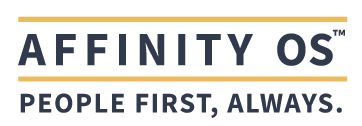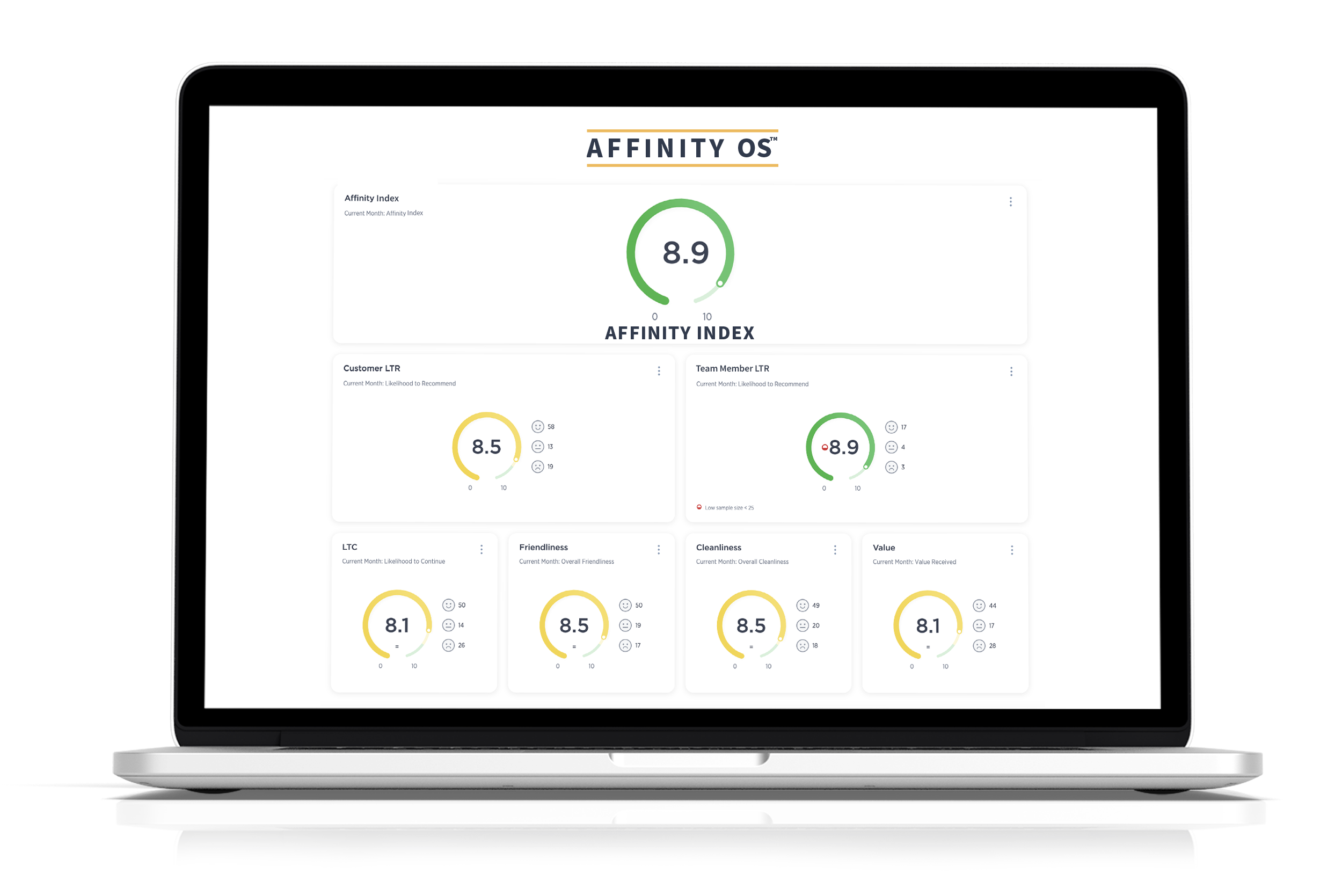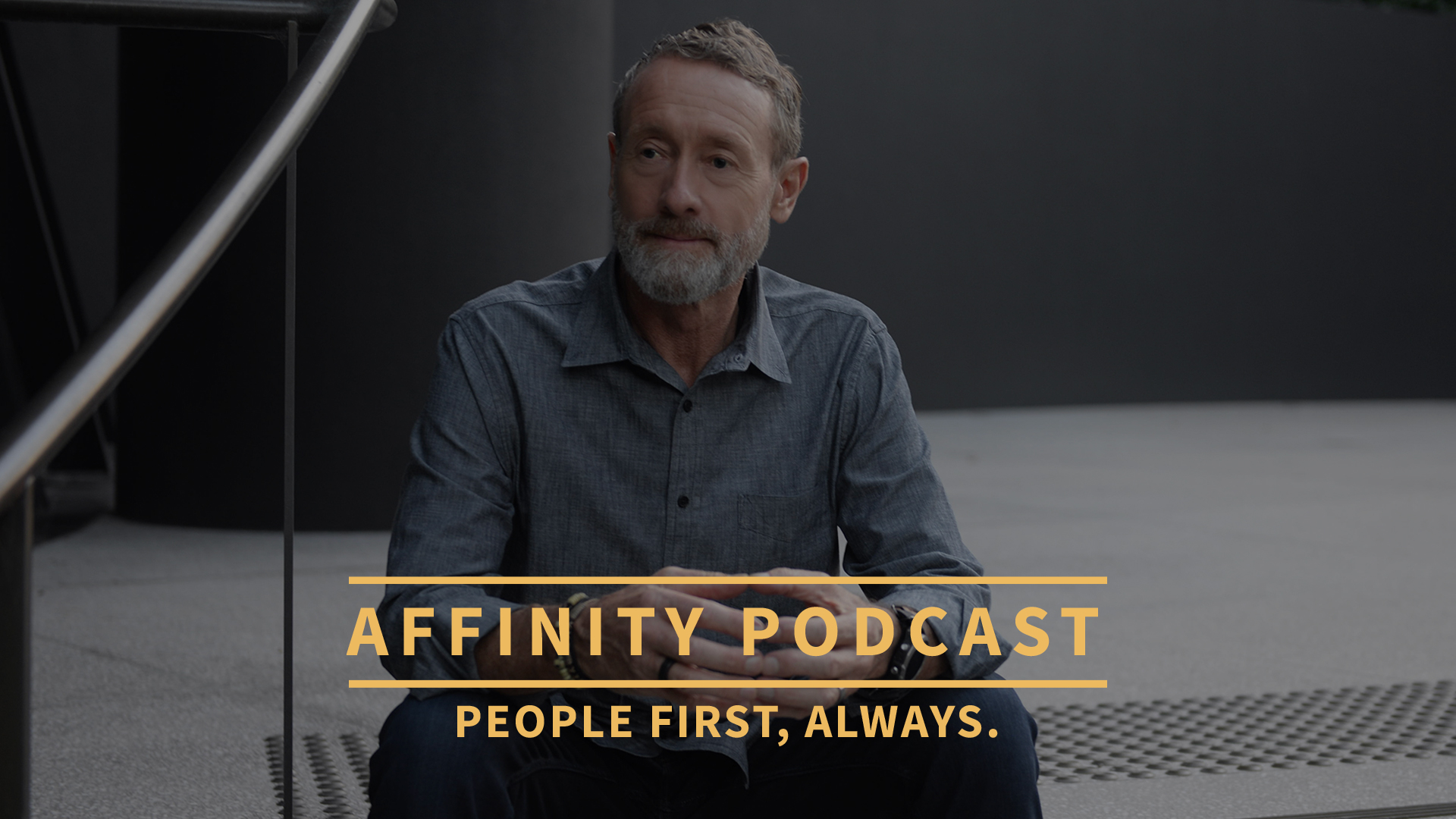The Benefits of Frontline Team Member Engagement and Retention: “The Affinity Principle” Approach


Grant Ian Gamble is a best-selling mindful leadership author and speaker. He has over 30 years of experience in leading teams to create innovative customer experiences, building engaged workforces, and developing leaders who prioritize mindfulness in their approach.
In today’s competitive business environment, frontline team members—those who interact directly with customers—are the cornerstone of any organization,especially those with a high customer-facing presence. However, the traditional approach to talent management often overlooks this vital group, focusing mainly on managerial and executive roles. “The Affinity Principle” reimagines this strategy, stressing the importance of creating an enriching environment for frontline team members that fosters increased retention and better performance.
 “The Affinity Principle:” A Brief Overview
“The Affinity Principle:” A Brief Overview
“The Affinity Principle” is centered around the idea that team member engagement is intrinsically linked to customer experience. Simply put, happier team members lead to happier customers. By focusing on AI-driven customer experience (NPS®) and team member engagement (eNPS®) metrics, companies can create a data-backed approach to improving both customer and team member satisfaction, providing valuable insights into the company’s trajectory.
The Financial Rewards of Improved Retention and Engagement
Statistics strongly underscore the financial benefits of team member engagement and retention. According to Gallup, companies with highly engaged teams show 21% greater profitability than those who don’t. Further, the cost of replacing a team member can range from 50% to 200% of that team member’s annual salary, according to the Society for Human Resource Management (SHRM). Clearly, increased retention rates not only keep valuable experience and knowledge within the company but also significantly impact the bottom line.
How It Builds Competitive Advantage
Enhanced Customer Experience: Engaged team members are more likely to provide a better customer experience, leading to increased customer loyalty and, consequently, revenue.
Reduced Turnover Costs: By fostering a positive environment and rewarding team members appropriately, companies can significantly cut the costs associated with high turnover.
Increased Operational Efficiency: A highly engaged team is more productive, requires less supervision and makes better use of resources, as they’re more fully invested in the companies success.
Innovation: team member engagement fosters a climate for innovation. Frontline team members often have firsthand insights into customer needs and preferences, offering a unique perspective that can lead to valuable improvements in product or service offerings.
Rethinking Rewards and Recognitions
To create a positive experience for frontline team members, rewards should not be limited to financial incentives. Companies should consider:
Skill Development: Offering opportunities for skill improvement and career growth.
Flexible Working Conditions: A nod to the importance of work-life balance.
Purpose: Aligning the company’s goals with those of the team members, thereby giving them a greater sense of purpose.
Self-Care: By offering elements of education and encouragement toward self-care team members are more likely to maintain a healthy physical and emotional state.
Final Thoughts
Companies with a high customer-facing presence can’t afford to overlook the significance of their frontline team. By adopting approaches like “The Affinity Principle,” organizations can optimize both customer experience and team member engagement, creating a win-win situation that is financially rewarding and provides a competitive edge in the market.
In rethinking the frontline talent lifecycle, businesses have the opportunity to build not just a robust bottom line but also a more sustainable, enriching workplace environment that aligns perfectly with the future we all aspire to create.

 Interested in learning more about how to transform your organization’s approach to team member engagement and customer experience? Reach out to our team at AFFINITY OS, specialists in AI-driven customer and team member engagement optimization.
Interested in learning more about how to transform your organization’s approach to team member engagement and customer experience? Reach out to our team at AFFINITY OS, specialists in AI-driven customer and team member engagement optimization.
AFFINITY Podcast EPISODE 10 | Collecting and Leveraging eNPS for a People-Centric Culture, Mindful Leadership, Talent Development and Talent Retention

Put PEOPLE FIRST, ALWAYS and watch your business flourish.
Dive deep into the latest trends in customer experience and team engagement, mindful leadership and management. Discover practical tools and strategies that you can use to build a people-centric culture, the foundation for sustainable long-term business growth and success.
Led by mindful leadership expert, Grant Ian Gamble, a best-selling author and true visionary with over 30 years of experience in leading teams to create innovative customer experiences, building engaged, inspired and fulfilled workforces, and developing leaders who prioritize genuine connection in their approach.
The guiding principle behind all of Grant’s work is PEOPLE FIRST, ALWAYS.
More Articles:
Overcoming Burnout and Building Resilience: Strategies to Help Prevent Burnout and Help You and Your Team Thrive in a Fast-Paced World
In this article, I’ll share some of the strategies and tools that I’ve used to help prevent burnout in myself and my team, and how you can apply them to your own leadership style.
Burnout is a pervasive issue that affects many people in today’s fast-paced world. It is a state of chronic stress that occurs when we experience prolonged periods of exhaustion, cynicism, and detachment from our work or personal lives. According to productivity expert Chris Bailey, burnout can be described as a “diminishing returns problem,” where we become less productive and efficient as we work longer and harder.
The Office is Where Your Laptop Is
Similarly to the migration of retail to online, COVID has provoked a transition of thinking about where team members actually need to physically be in order to do their job well.
As we adjust our perceptions of what work looks like post COVID, there exists a gulf between what was and what will be when it comes to office geography. Companies have already begun divesting themselves of offices and buildings they formally saw as essential in order to house their workforce. Conference rooms lie dormant and have been replaced by Zoom calls. The office phone system has similarly been replaced by cell phones, text messages and FaceTime.
How to Improve Your Quality of Life by 33% Today
I touched on the importance of sleep in my article, “Three Foundations & The First Step Toward Mindful Leadership.” As I explained in that piece, quality sleep is one of the central foundation stones of optimal physical and emotional health. And yet it is underrated by some, and elusive for many.
As with many things, getting great sleep can be a process.
The first step in this process is truly understanding, and appreciating, the importance of sleep to our health and emotional wellbeing.
Fill out the form below and receive a PDF download of "6 Key Strategies to Engage Untapped Fitness and Wellness Market Segments"
Let's Connect!
CUSTOMER EXPERIENCE, TEAM ENGAGEMENT & WORKPLACE WELL-BEING: AFFINITY OS™ | WELLNESS INTEGRATION | MINDFUL LEADERSHIP: "THE AFFINITY PRINCIPLE"
0475 866 592

The Affinity Principle™ by Grant Gamble presents a formula for business success through a people-centric, mindful leadership approach.
PEOPLE FIRST, ALWAYS.








